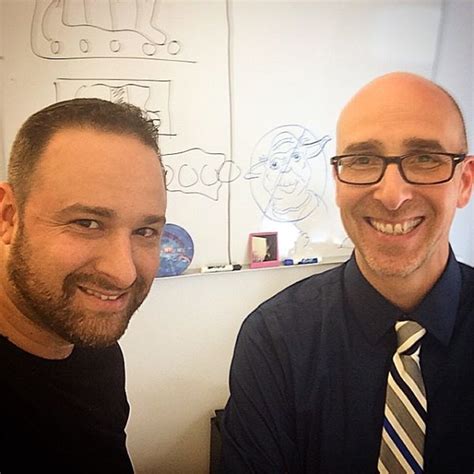A Quote by Joe Kaeser
In the developed world, we are surrounded by electronics - from the computers on our desks to the smart phones in our pockets to the thermostats in our homes to our data in the virtual cloud.
Related Quotes
Most people would say they live with an internal angst that they can't always put their finger on. This is because the Internet has changed our very way of being in this world, compelling us to be perpetually "on" - from our cars to our computers, our tablets to our smartphones, our desks to our living rooms or dining tables, our churches to our libraries to our schools.
Everyone knows, or should know, that everything we type on our computers or say into our cell phones is being disseminated throughout the datasphere. And most of it is recorded and parsed by big data servers. Why do you think Gmail and Facebook are free? You think they're corporate gifts? We pay with our data.
I want to stay active. I want to find that mind-body connection every single day, and I want other people to have that because we spend our lives on our phones, at our desks. We're not thinking about our bodies and the mental connections we should be having, and those moments help us push through to live our best life.
Television, radio, social media. The 24/7 news cycle plows forward mercilessly on our desks, in our cars and in our pockets. Thousands and thousands of messages and voices bombard us from the moment we wake, fighting for our attention. All we see and hear, all day long, is news. And most of it is bad.


































